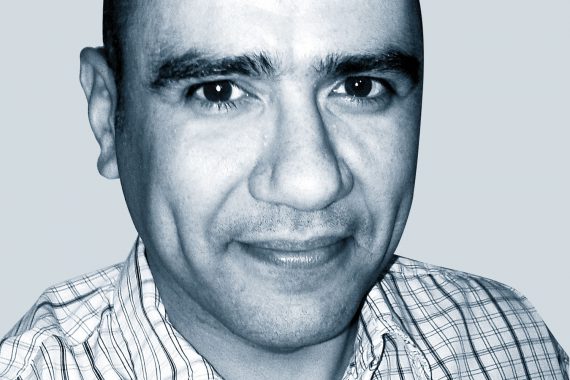One of the questions reverberating around Birmingham, where I am a GP, and perhaps wider afield, is, ‘Why a super-practice?’ rapidly followed by, ‘Why now?’ The answers to those questions, and the many more that some may have, will no doubt become clearer in the coming months. But I can’t help feeling that as an emerging super-practice we are damned if we do and damned if we don’t, in more ways than one.
As I have articulated before it seems that there is political pressure on practices to work together in larger groups, in the form of advice from the King’s Fund and also ‘information’ from the Department of Health about a potential ’alternative contract’. Only by working together could the Government’s aim of seven-day working (the so-called New Deal that has all but been forgotten with the furore about consultant and junior doctor contracts) be achieved whilst maintaining sanity and work-life balance. For many practices, working together offers the potential of savings on shared functions to help offset the stagnation or downturn of income.
So in forming a super-partnership we are damned if we do and damned if we don’t. If we form we are pandering to the desires of the Department of Health to make possible the ongoing promotion of consumerist health. If we decided against it or call it quits then we face all the issues of not being able to bid for integrated health services contracts in the future.
If we are successful as a super-partnership, both financially and conceptually, we’ll be damned by those that rightly value and guard their autonomy, for we could be held up as a model of how to successfully bind practices and deliver what patients would consider ongoing local general practice. If we became the pin-ups of the Government we’d be hated by everyone else for showing that there is another way of doing things.
If we fail as a super-partnership we will lose face, money and the possibilities in the future of having any say about the direction of general practice. We’ll be the laughing stock of general practice and many will think, write and say, ‘I told you so.’ We’ll be damned if we succeed, we’ll be damned if we don’t.
The decision to go ahead with a super-partnership is a philosophical one of choosing whether to be damned for doing, or for not, to be damned for succeeding or failing. When it comes to philosophy, quotes work better:
‘If you have tried to do something and failed, you are vastly better off than if you had tried to do nothing and succeeded. You must never regret what might have been. The past that did not happen is as hidden from us as the future we cannot see’ – Richard Martin Stern.
Dr Samir Dawlatly is a GP in Birmingham
















